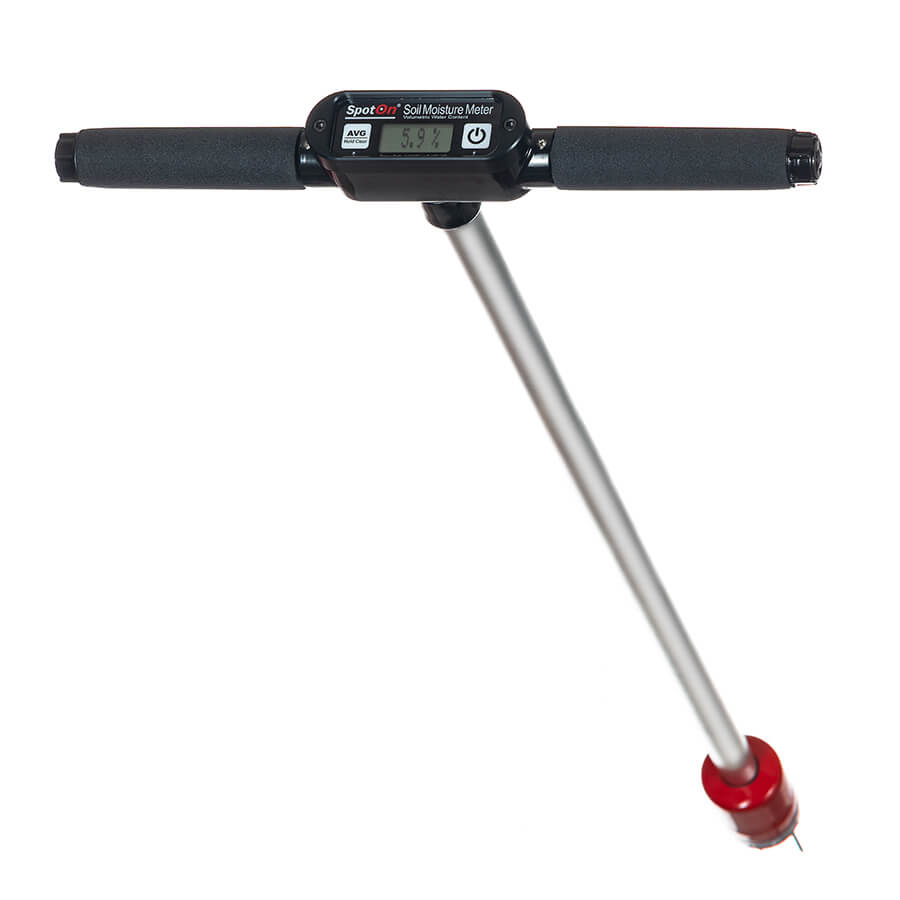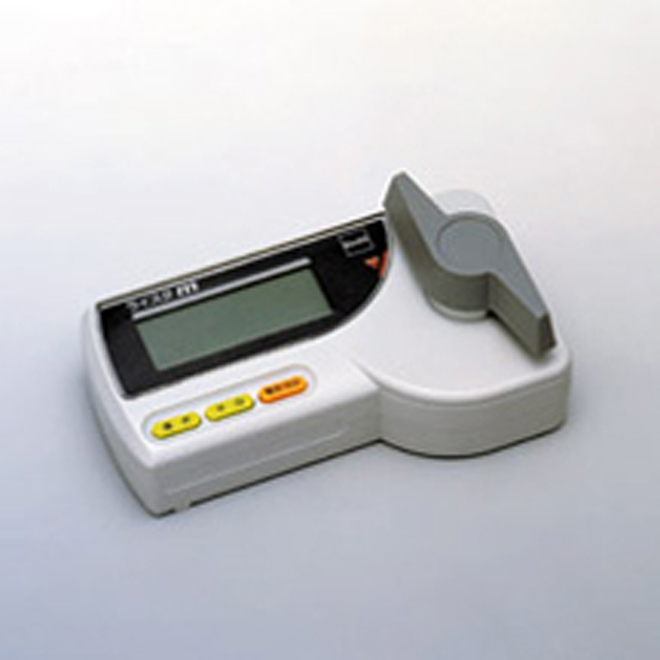Moisture Meter Purchasing Guide: What to Search for in High-Quality Instruments
Wiki Article
The Ultimate Guide to Dampness Meters: A Comprehensive Overview and Just How They Can Save You Money
Moisture meters offer as essential tools in detecting and checking moisture content in materials, helping in avoiding costly damages and making certain the high quality of items. Comprehending the nuances of different kinds of moisture meters, their applications, and the possible cost-saving advantages they use can be a game-changer for experts and organizations alike.Kinds Of Wetness Meters
One common type is the pin-type moisture meter, which measures the electric resistance in between 2 pins placed into a material. Pinless moisture meters, on the various other hand, usage electromagnetic sensor plates to check a bigger location without triggering damage to the material's surface area.
In addition, there are additionally specialized moisture meters made for certain materials like grain, hay, or soil. These meters offer accurate wetness readings customized to the distinct homes of the material being checked. Infrared moisture meters determine the thermal residential or commercial properties of a material to identify its dampness material non-invasively, making them valuable for applications where pin or pinless meters may not be ideal. Recognizing the different types of moisture meters available can help markets select the most proper device for their particular wetness dimension requirements.

Benefits of Using Dampness Meters
Wetness meters supply important advantages in properly examining and checking moisture levels in diverse products and settings (Moisture Meter). One of the primary benefits of utilizing wetness meters is the avoidance of prospective damages triggered by excess wetness. By identifying and dealing with high wetness levels early, wetness meters assist to stop mold and mildew development, rot, and architectural damage in buildings, conserving both money and time on repair work. Furthermore, moisture meters help in making certain the high quality of products throughout building or production procedures. By accurately gauging dampness web content, these devices assist keep the honesty of timber, drywall, concrete, and other materials, decreasing the danger of problems or failures.
Moreover, using moisture meters can bring about boosted energy performance. By determining areas with high moisture levels, such as leakages or bad insulation, modifications can be made to boost power preservation and decrease utility costs. In farming settings, dampness meters play a crucial function in enhancing plant yields by enabling farmers to keep an eye on soil dampness levels and make informed watering decisions. On the whole, the benefits of making use of moisture meters extend across different industries, providing cost-efficient services and advertising better top quality control techniques.
Exactly How to Choose the Right Dampness Meter
Choosing the suitable moisture meter entails taking into consideration key aspects such as product compatibility, measurement variety, and calibration accuracy. When picking a moisture meter, it's vital to make certain that the meter is suitable for the specific material you will be screening. Various products have differing electric buildings that can impact wetness readings, so picking a meter created for your material is important for precise outcomes. Additionally, take into consideration the measurement series of the moisture meter. Guarantee that the meter can discover wetness levels within the variety needed for your applications. Calibration precision is one more important aspect to bear in mind. Choose for a dampness meter with reputable calibration to make sure exact and constant readings. Some meters may call for routine calibration changes, so comprehending the calibration process is essential. By carefully evaluating these variables, you can pick a dampness meter that satisfies your needs and provides exact wetness measurements for your tasks.Appropriate Strategies for Dampness Meter Usage

Cost Savings Through Dampness Meter Applications
Just how can the use this link critical use of wetness meters result in significant cost savings throughout numerous markets? Moisture meters play official source an essential duty in price savings by preventing possible damages and guaranteeing high quality control in various industries. In the agriculture sector, dampness meters aid in determining the optimal time for gathering plants, protecting against over-drying or excess moisture that can influence the last product's top quality. This accurate monitoring assists farmers avoid unneeded losses and optimize their yield.
Likewise, in building and construction, moisture meters aid protect against costly problems by spotting dampness degrees in building materials, such as timber or concrete, which can result in architectural concerns if not attended to without delay. By identifying issue areas at an early stage, contractors can take restorative procedures to stay clear of extensive repair work or substitutes, inevitably saving time and cash.
Furthermore, in the food processing market, wetness meters are crucial for monitoring product high quality and making sure conformity with safety and security regulations. By accurately measuring moisture material in food, makers can stop perishing, preserve freshness, and lower waste, causing substantial price financial savings. Overall, the critical application of dampness meters is a beneficial financial investment that can bring about significant price decreases and enhanced effectiveness throughout numerous sectors.
Verdict
In conclusion, wetness meters are important devices for finding and gauging dampness levels in different products. By using the appropriate wetness meter and adhering to proper methods, customers can successfully prevent expensive problems created by pop over here excess wetness.Dampness meters serve as vital tools in finding and monitoring moisture material in products, aiding in stopping pricey problems and guaranteeing the top quality of products. Infrared wetness meters determine the thermal homes of a product to determine its moisture web content non-invasively, making them useful for applications where pin or pinless meters may not be appropriate.Dampness meters offer indispensable benefits in properly assessing and keeping track of dampness degrees in varied products and environments. In agricultural settings, moisture meters play an important duty in optimizing crop yields by enabling farmers to keep track of soil wetness levels and make notified watering decisions.In verdict, moisture meters are valuable devices for discovering and determining wetness degrees in different materials.
Report this wiki page